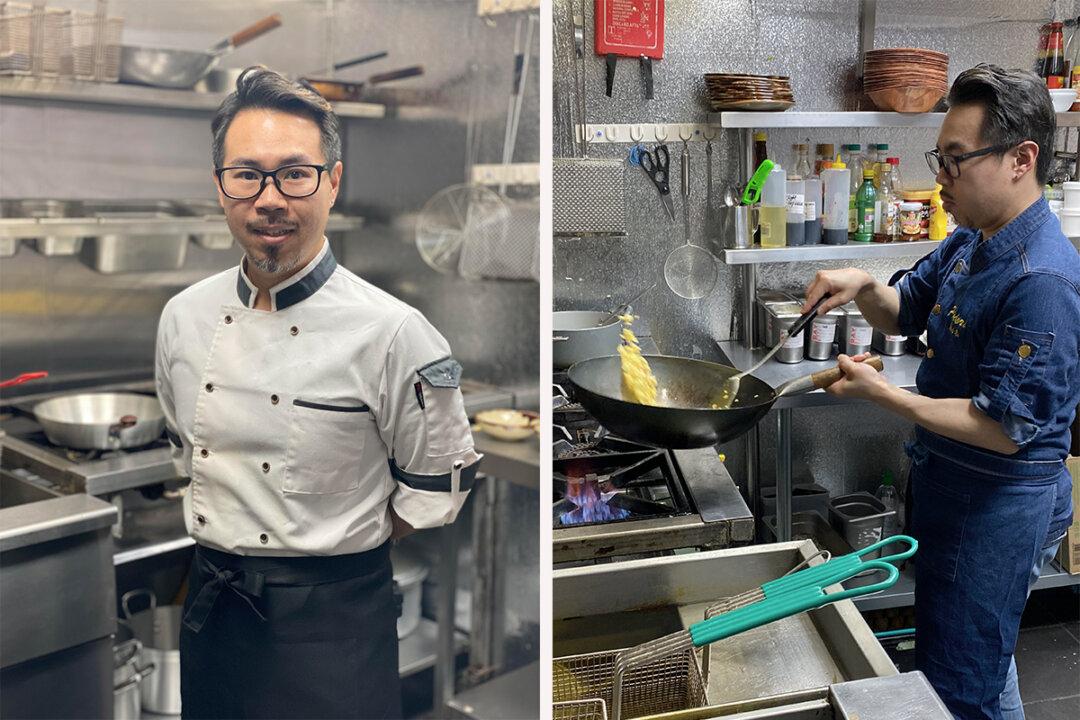While the economic outlook in Hong Kong is not too bright right now, loads of job opportunities with good work-life balance can be found in Britain, according to a chef who moved there from Hong Kong.
Habibie Wong has opened a restaurant “Pan.dora Meal Box” which has started to make its name in Manchester. To his delight, “Britons love all styles of fried-rice: Chinese, Thai, Vietnamese, Korean…all are very popular. Westerners actually take a fancy to Asian cuisine, just like Hongkongers favour Japanese food—it is a way to experience Asian food culture,” he said.




